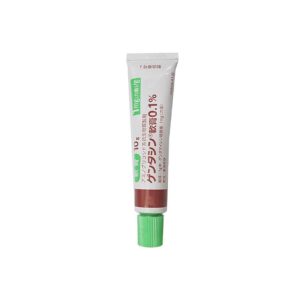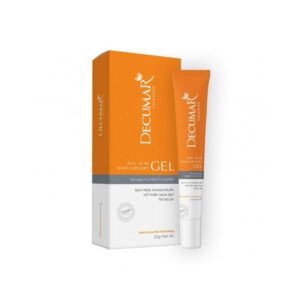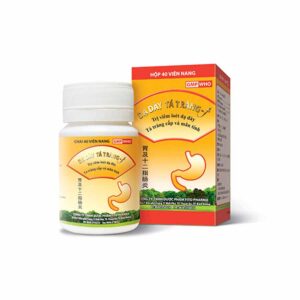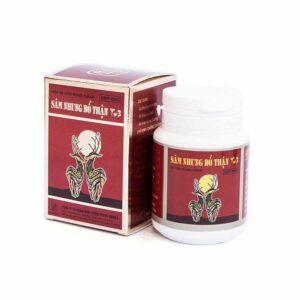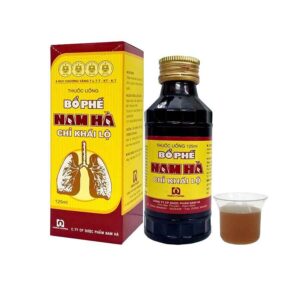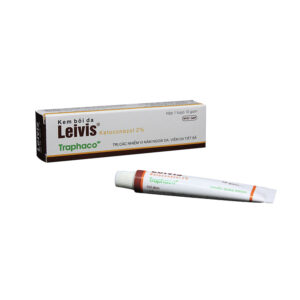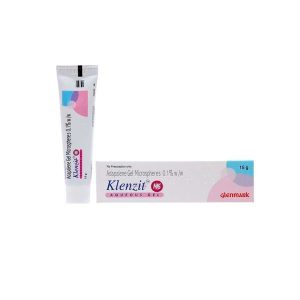If you want to strengthen the immune system, you can take some dietary and lifestyle measures below to help strengthen the body’s natural resistance and help to be able to fight harmful pathogens or pathogenic organisms.
1. Get enough sleep

Sleep and the body’s immune status are closely related. In fact, insufficient or poor-quality sleep can make the body more susceptible to diseases.
In the study conducted on 164 healthy adults, those who slept less than 6 hours a night were more likely to have a cold than those who slept for 6 hours or more per night.
Adequate rest can enhance the body’s natural resistance. In addition, adequate sleep sickness also allows the body’s immune system to better fight diseases.
Adults should sleep 7 hours or more per night, while adolescents need 8 to 10 hours and younger children and babies up to 14 hours.
If you have trouble sleeping, try measures such as not using electronic devices for an hour before bedtime, as blue light coming from your phone, TV, and computer can disrupt your body’s circadian rhythm or natural sleep cycle.
Other sleep hygiene tips include: sleeping in a fully dark room or using a sleep mask, going to bed on time every night, and exercising regularly.
2. Eat more fiber

High-fiber foods such as fruits, vegetables, nuts, nuts and legumes are rich in nutrients and antioxidants that can help the body fight harmful pathogens.
The antioxidants in these foods help reduce inflammation by combating unstable compounds called free radicals, which can cause inflammation when they accumulate in the body in high concentrations.
Chronic inflammation is associated with many health conditions, including heart disease, Alzheimer’s, and some cancers.
Meanwhile, fiber in plant foods nourishes the intestinal microbial system or healthy bacteria in the intestines. Healthy intestinal micro-populations can improve immunity and help prevent harmful pathogens from entering the body through the gastrointestinal tract.
Moreover, fruits and vegetables are rich in nutrients such as vitamin C that reduce the time of a common cold.
3. Eat more healthy fats
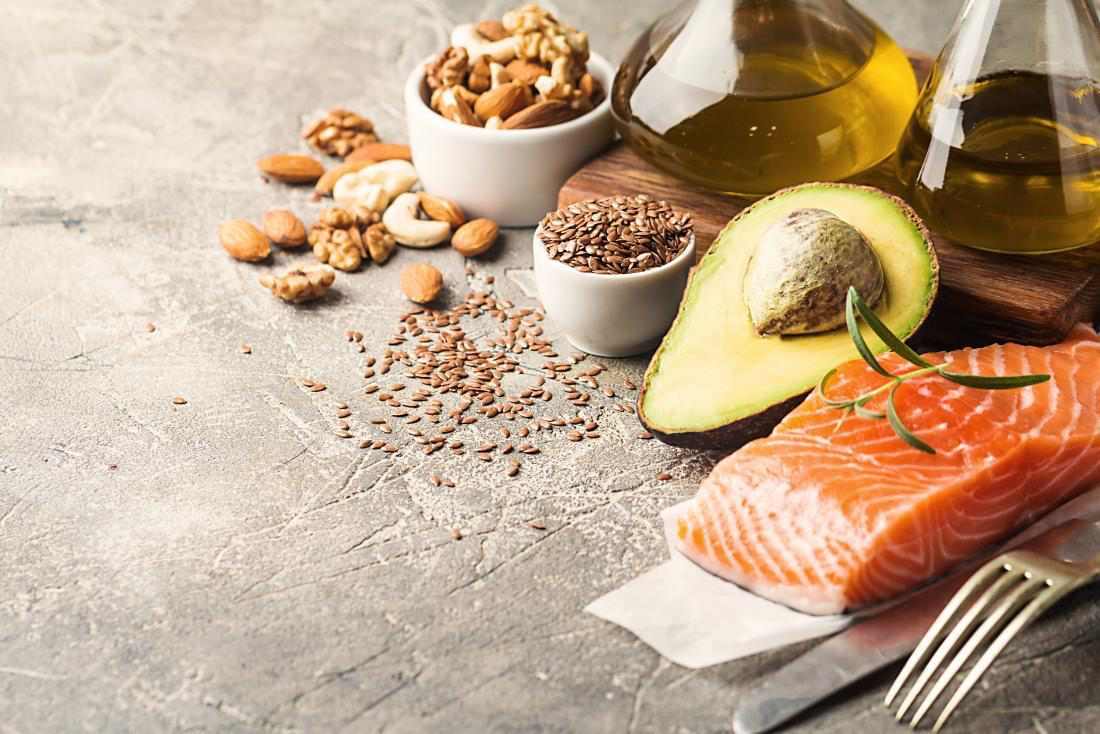
Healthy fat, such as olive oil and salmon, can help the body reduce inflammation when the body reacts immunely to pathogens.
Although low-level inflammation is a normal response of possible stress or injury and chronic inflammation can suppress the body’s immune system.
Olive oil is highly anti-inflammatory and reduces the risk of chronic diseases such as heart disease and type 2 diabetes. In addition, the anti-inflammatory properties of this oil can help the body fight off pathogenic bacteria and viruses.
Omega 3 fatty acids are in salmon and chia seeds are also resistant to inflammation.
4. Eat more fermented foods or supplement probiotics

Fermented foods are rich in beneficial bacteria for the body called probiotics, these bacteria reside in your digestive tract.
Foods in this group include yogurt, pickles, kimchi, kefir milk mushrooms and fermented soybeans (natto).
Studies show that a strong network of gut bacteria can help the body’s immune cells distinguish between normal, healthy cells and harmful invading organisms.
In a 3-month study of 126 children, those who drank 2.4 ounces (70 mL) of fermented milk daily had 20% fewer infectious diseases than those who did not.
If you do not regularly eat fermented foods, then it is possible to make probiotic supplements with many products available on the market.
In a 28-day study of 152 people infected with rhinovirus, those supplemented with Bifidobacterium Animalis had a stronger immune response and lower levels of the virus in nasal mucus than the uns replenished group.
5. Limit eating more sugar

Recent research suggests that the addition of sugar and refined carbs can contribute to overweight and obesity. Obesity can also increase the risk of disease.
The study observed that in about 1,000 people, people with obesity who were vaccinated with influenza were twice as likely to get the flu than those who did not have obesity and were also vaccinated.
Therefore, you need to limit your sugar content to reduce inflammation and support weight loss, leading to a reduced risk of chronic diseases such as type 2 diabetes and cardiovascular diseases.
In addition, obesity, type 2 diabetes and heart disease can all weaken the body’s immune system, so limiting sugar supplements is an important part of a diet aimed at boosting immunity.
You should try to limit the amount of sugar to less than 5% of daily calories, which is equivalent to about 2 tablespoons (25 grams) of sugar for a person with a diet of about 2,000 calories per day.
6. Exercise

Although prolonged intense exercise can suppress the immune system, moderate exercise can help increase the strength of the immune system.
Studies show that even a moderate exercise session can enhance the effectiveness of the vaccine in people with compromised immune systems.
In addition, regular and moderate exercise can reduce inflammation and help immune cells regenerate regularly.
Examples of moderate exercise such as fast walking, cycling, running, swimming and hiking with a duration of at least 150 minutes per week.
7. Avoid dehydration

Hydration does not necessarily protect you from germs and viruses, but preventing dehydration is important for your overall health.
Dehydration can cause headaches and interfere with physical activity, concentration, mood, digestion and heart and kidney function. These complications can increase the body’s likelihood of getting sick.
To prevent dehydration, you should drink enough fluid daily so that the urine has a light yellow color. Filtered water is more recommended than other water due to its lack of calories, additives and sugar.
Although tea and juice also help to retain water, it is best to limit the use of these drinking water due to its high sugar content.
8. Stress Control

Reducing stress and anxiety is an important key to immune health. Prolonged stress will promote the inflammatory process, as well as an imbalance of immune cell function.
In particular, prolonged psychological stress can inhibit the immune response in children.
Activities that can help you manage stress include meditation, exercise, diary writing, yoga. In addition, if it is difficult to control stress, you should see a psychiatrist or psychiatrist in person for support.
9. Proper supplement of functional foods

Although vitamins and supplements can help replenish gaps in nutrients if your diet is inadequate, the best way to fully load essential nutrients is to take them from food.
Your body absorbs and uses better vitamins and nutrients when they come from food. Therefore, if you intend to use any functional foods, you should consult your doctor before using it.
Read more:
Argan oil – Protection of youth and beauty



